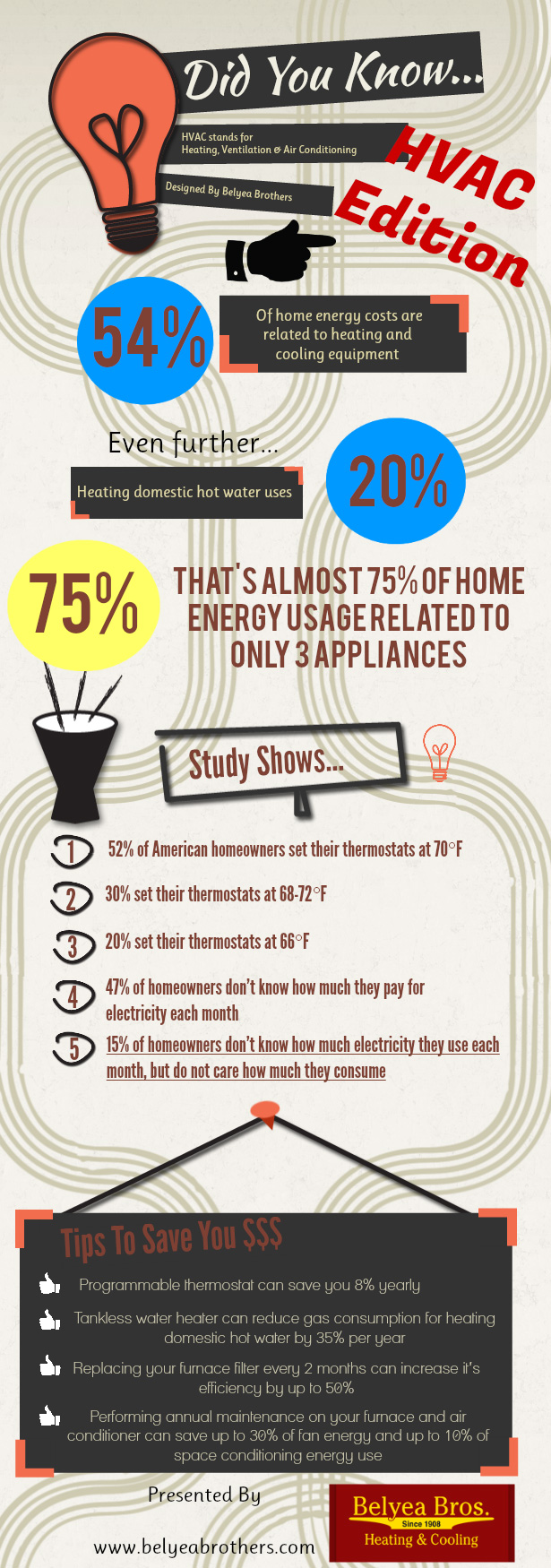Heat Pump Vs Heating System - Which Is The Better Heating Alternative For Your Home?
Heat Pump Vs Heating System - Which Is The Better Heating Alternative For Your Home?
Blog Article
Web Content By-Huff Reese
Many house owners are familiar with heaters, which heat homes with oil or gas and press hot air with ductwork. They are relatively cost-effective and can give reliable home heating even throughout a wintertime power outage.
However, they use nonrenewable fuel sources and produce carbon monoxide gas and various other air contamination. They likewise aren't as energy-efficient as a high-efficiency heatpump.
Cost
Typically, heatpump are a lot more inexpensive to operate than furnaces. They usually make use of electrical power and refrigerant to remove warm from outdoor air, and after that transfer it into your home. You can make use of more affordable electrical power rates during off-peak hours to even more reduce your home heating expenses.
Unlike heat pumps, gas or wood-burning heaters make use of combustion to create warmth, sending out flue gases into the atmosphere that can be harmful to your health and wellness. These furnaces are additionally much less energy-efficient than heatpump, and their greater operating costs can build up gradually.
Heaters are more complex than heatpump and call for normal upkeep to guarantee the correct feature of all parts. Regardless of this, they often tend to last longer than heat pumps with a typical lifespan of two decades or more. Nevertheless, you'll need to consider the price of gas, fuel oil or wood and the extra devices needed for installment and operation such as air ducts and ventilation systems.
Power Efficiency
Heat pumps have a higher energy effectiveness score than heaters. These systems make use of power to feed on heat from the air, even in freezing temperature levels. They can likewise eliminate excess heat from the home during warmer months and reuse it to cool down the system. copyright specialists can help you figure out the very best design for your home on climate and source energy prices.
Heating systems burn fuel oil, lp, gas or other sorts of fossil fuel to heat the air in the home. This air is after that spread with ductwork making use of a large follower. ducted heating create greenhouse gases and call for normal maintenance and equipment upgrades to guarantee risk-free procedure.
https://www.wnct.com/local-news/greenville/air-conditioning-tips-to-stay-cool-in-humid-weather/ of a heater is that it can be run also in severe winter months conditions because it does not depend on exterior temperatures to heat the air. Furnaces additionally have a longer lifespan than heat pumps and generally last 15 years. They can likewise be coupled with twin fuel alternatives, which select one of the most efficient heating choice based on the climate.
Climate
Heatpump work well in modest environments and use less source power than heaters. Nevertheless, if your region is incredibly cool, you may need to purchase a common gas heater rather.
Furnaces give warm, comfy warmth and usually supply rapid heating to increase interior temperature levels. These systems can be made use of with a variety of gas kinds, including gas, lp, oil or electricity.
They take in much more power than heatpump-- approximately 3x as much-- and need ductwork that's expensive to install or retrofit. They're additionally more pricey to preserve, as they can trigger air quality concerns and generate greenhouse gas discharges.
If you're devoted to minimizing your carbon footprint, a heatpump is an excellent option for your home. They have fewer greenhouse gas discharges than heating systems, especially if you pick an ENERGY CELEBRITY ® heat pump. Your local copyright professional can discuss the distinctions in between these 2 heating unit and aid you make the very best choice for your one-of-a-kind demands.
Personal Preferences
Heating systems can be very energy reliable when powered by natural gas, lp or oil, however they aren't as energy efficient as heat pumps in icy climates. They can also be much more pricey to install, requiring gas lines and air flow systems.
However, furnaces tend to require less maintenance, which can cause lower continuous prices. They create fewer greenhouse gases and are extra reliable than heatpump throughout severe weather condition.
Electric heat pumps are more versatile in creating indoor comfort since they can additionally work as ac system throughout warmer months. They can be easier to keep, needing just routine air filter adjustments and occasional vacuuming.
If you choose the benefit of a single system that does it all, take into consideration a hybrid heating option that pairs a furnace with an electrical heat pump. These systems can immediately switch between both heating choices based upon your home's needs and temperature level conditions, optimizing performance and financial savings.